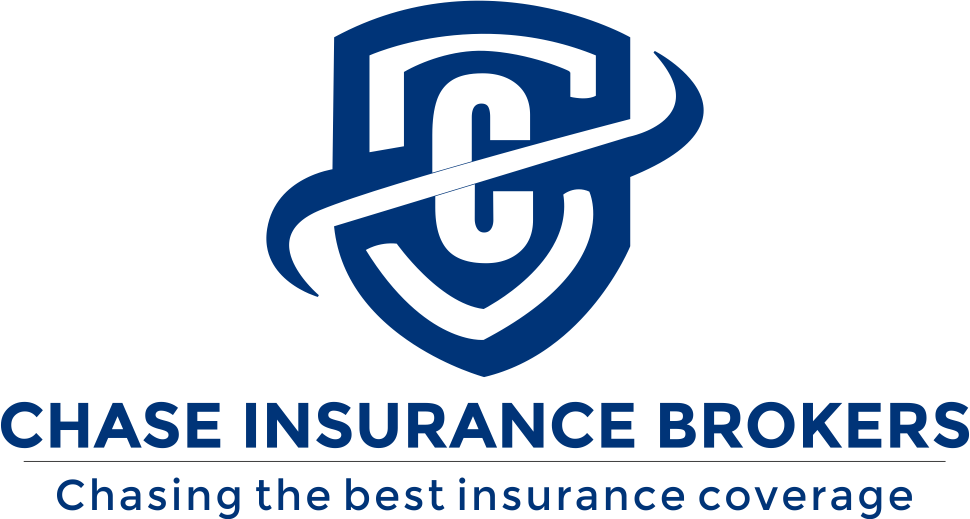
Choose the Right Insurance Broker in Canada
Insurance is one of the most important financial decisions Canadians make, whether it’s for protecting your home, car, business, or family’s future. With so many insurance companies and policies available, navigating the market can feel overwhelming. This is where Choose the Right Insurance Broker in Canada play a crucial role.
An insurance broker acts as an intermediary between you and multiple insurance providers, helping you find the best policy to suit your needs and budget. But not all brokers are the same. Choosing the right one can make a significant difference in the coverage you receive, the premiums you pay, and the overall service you experience.
In this guide, we’ll explore Choose the Right Insurance Broker in Canada, what qualities to look for, and practical tips to make an informed decision.
1. Understand the Role of an Insurance Broker
Before choosing a broker, it’s essential to understand what they do. Unlike insurance agents who represent a specific company, brokers work with multiple insurers. This gives them access to a wide range of products, allowing them to compare options and recommend the best fit for you.
Key responsibilities of an insurance broker include:
- Assessing your coverage needs.
- Comparing policies from different providers.
- Negotiating better rates and terms.
- Guiding you through the claims process.
- Providing ongoing advice as your needs change.
A good broker acts as your advocate, ensuring you get both value and peace of mind.
2. Check Licensing and Credentials
Insurance in Canada is provincially regulated. Every broker must hold a license to operate legally. When evaluating a broker, confirm that they are licensed in your province or territory.
Ways to verify credentials:
- Ask for their license number.
- Check with your provincial insurance regulator (such as FSRA in Ontario or AMF in Quebec).
- Look for membership in professional associations like the Insurance Brokers Association of Canada (IBAC).
Choosing a licensed broker ensures that you are working with someone who meets industry standards and is accountable to regulatory bodies.
3. Evaluate Experience and Expertise
Experience matters in the insurance industry. An experienced broker not only understands different products but also knows how to navigate complex policies and claims.
When assessing a broker, consider:
- Years in business: A broker with a proven track record is more likely to provide reliable advice.
- Specialization: Some brokers focus on auto and home insurance, while others specialize in commercial, life, or health coverage.
- Knowledge of local markets: A broker familiar with your province’s regulations and risks can recommend tailored solutions.
For example, a business owner in Alberta may need a broker experienced in commercial property coverage, while a family in Ontario may prioritize auto and home bundles.
4. Compare the Range of Insurance Providers
One of the biggest advantages of working with a broker is access to multiple insurers. A good broker should have strong relationships with a wide network of insurance companies, allowing them to present you with several options.
Ask questions such as:
- How many insurance providers do you work with?
- Which insurers do you recommend most often?
- Do you have partnerships with both national and regional companies?
The broader the broker’s network, the greater your chances of finding the right coverage at competitive rates.
5. Assess Communication and Customer Service
Insurance is not a one-time purchase. Your needs may change over time, and you want a broker who can guide you through renewals, claims, and policy adjustments.
Look for a broker who:
- Explains policies in simple, clear language.
- Is responsive to calls, emails, or in-person meetings.
- Provides proactive updates about your coverage.
- Offers support during the claims process.
Good communication builds trust and ensures you feel supported throughout your insurance journey.
6. Consider Transparency and Honesty
Insurance policies can be complex, and you need a broker who is upfront about both benefits and limitations. Beware of brokers who only highlight the positives without discussing exclusions, deductibles, or limitations.
Signs of a transparent broker include:
- Willingness to explain fine print.
- Disclosing commission or fees they may earn.
- Providing multiple options instead of pushing one insurer.
Honesty is the foundation of a long-term relationship with your broker.
7. Read Reviews and Ask for Referrals
Customer feedback is a powerful way to evaluate a broker’s reputation. Online reviews, testimonials, and ratings can give you insight into how the broker treats clients.
Additionally, ask friends, family, or colleagues if they can recommend a broker they trust. Personal referrals often lead to brokers who prioritize customer satisfaction.
8. Evaluate Digital Tools and Accessibility
Today’s insurance industry is becoming increasingly digital. Many brokers offer online quotes, policy management apps, and virtual consultations.
Ask questions like:
- Can I get a quote online?
- Do you offer digital access to my policy documents?
- How do you handle claims—online, phone, or in person?
A broker who embraces technology provides convenience while maintaining personal service.
9. Compare Costs and Value
While cost is important, the cheapest option is not always the best. Instead of focusing only on premiums, evaluate the overall value of the policy.
Consider factors such as:
- Coverage limits.
- Deductibles.
- Added benefits or discounts.
- Flexibility for future changes.
A skilled broker will help you balance affordability with comprehensive protection.
10. Trust Your Instincts
Finally, trust your gut feeling. You should feel comfortable with your broker, confident in their advice, and assured that they are working in your best interest.
If you feel pressured, rushed, or uncertain, it may be a sign to look elsewhere. Choosing the right insurance broker is as much about trust as it is about technical expertise.


